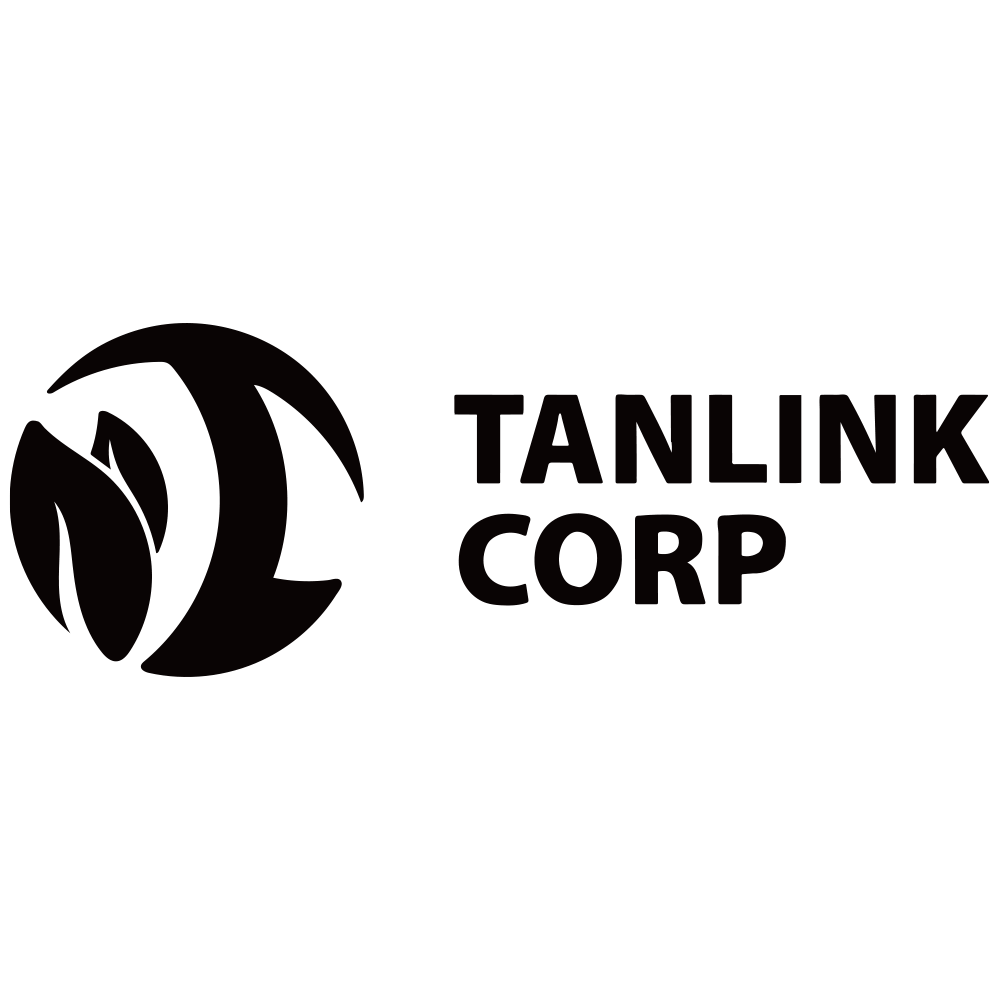Business Process Outsourcing (BPO) refers to the process of delegating one or more non-critical business operations to other companies. This model helps companies to focus on their key businesses while enjoying the resources and expertise of specialized-party providers.
Want to learn more detailed information about the BPO meaning? In this post, Solvea dives into BPO from all aspects, including definition, main types, benefits, and examples. Let’s get started.
What Is Business Process Outsourcing (BPO)
As a company grows, it may be overwhelmed by a large volume of tedious and repetitive tasks. That’s when Business Process Outsourcing (BPO) comes into play. It is a delegation process of hiring an external team to handle certain specific businesses, like call center and payroll processing.
Initially, companies entrust non-core functions and tasks to external BPO providers to reduce operational costs, especially in large-scale manufacturing industries, like Coca-Cola outsourcing companies in the developing countries.
Nowadays, BPO has become a strategic tool for many businesses looking to improve efficiency and gain specialized skills. With the AI technology development, BPO has extended to more areas, like the internet, IT infrastructure, and other emerging businesses.
What Is a BPO Company
A BPO company is a third-party service provider that handles specific business tasks for other organizations or companies. It usually covers a wide range of operations, from customer service and labor dispatch to more specialized areas, such as IT, accounting, and even legal processes.
In a word, a BPO company can help improve your team's efficiency and productivity by taking over certain non-key operations, enabling client companies to focus on their core businesses.
What Is a BPO Industry
The BPO industry refers to the sector where companies and organizations from all walks of life hire third-party service providers to handle specific business processes. At the beginning, the BPO industry mainly involved manufacturing, like labor dispatching, data entry, and payroll management.
With the development of economic globalization and AI, the BPO industry covers more emerging areas, like IT, E-commerce, Finance, and healthcare. This has spurred some new outsourcing services, such as contact center outsourcing and knowledge process outsourcing.
How Does BPO Work
Business Process Outsourcing (BPO) is a strategic process that involves many different stages. Here’s a general process about how BPO works.
1.Assess Needs and Outsourcing Decision
A successful BPO practice needs to map out its internal business processes first, identifying which are non-core processes, like accounting and customer service, and assessing whether these operations are suitable for outsourcing, based on costs, expertise, and efficiency.
2.Choose a BPO Provider
Now, it’s time to choose an appropriate BPO provider. To narrow the choice, you can evaluate these important factors, including industry experience, service cases, customer stories, technical skills, fees, compliance, etc. Once confirmed, make sure to sign a formal contract that clarifies the rights and obligations of both parties.
3.Design Process and Align Resources
To design an efficient outsourcing plan, both the client company and the provider should map out the existing business processes. Then, optimize them using the professional skills and experience of the provider.
After that, the company needs to align resources with the BPO provider, such as the integration of the data system (e.g., customer service system), staff training (e.g., learn business rules and brand language), and tool configuration (e.g., necessary software support).
4.Execute the Process and Monitor Results
The BPO provider should take over the business processes and carry out daily operations in accordance with the agreement, such as the customer service team handling inquiries or the finance team conducting an accounting check. Besides, the company should build a monitoring mechanism to track the BPO processes and quality, such as customer service satisfaction.
5.Optimize the Process for Long-Term Collaboration
Based on monitoring data and business feedback, the company can review the effectiveness of the cooperation and identify areas for optimization, such as staffing adjustments and technical upgrades. Furthermore, the BPO process and service standard should be adjusted dynamically according to market changes and corporate development.
Types of BPO Companies
BPO companies can be categorized into many different types based on services, operations, and locations. Below are 9 common types of BPO companies.
1.Front-office BPO
Front-office BPO is an act of outsourcing customer-related business activities to third-party providers, such as customer service, technical support, marketing, and sales. For example, many companies outsource call centers and workforce management to front-source BPO providers.
2.Back-office BPO
Back-office BPO is the opposite of front-office BPO. It is a practice of hiring a third-party company to handle some non-customer-related internal operations. This type usually involves tasks, like accounting, human resources, IT, data entry, payroll, and other administrative functions, which can reduce costs and save time spent on training administrative staff.
3.Offshore BPO
In addition to service types, there are third-party BPO providers related to the location. Offshore BPO refers to the process of hiring third-party providers in other countries to handle specific businesses. For example, an American company delegates an Indian BPO company to manage its payroll. Usually, hiring an offshore BPO company is to reduce expenses by utilizing the country’s lower labor costs or specialized resources.
4.Nearshore BPO
Similar to offshore outsourcing companies, nearshore BPO companies usually come from neighboring countries. This type of BPO company offers many advantages, such as a similar cultural background, a closer geographical location, and potential cost savings compared to offshore BPO. For instance, an Indian company outsources its accounting business to an agency in Bangladesh.
5.Onshore BPO
As its name hints, onshore BPO is a domestic outsourcing process where the third-party providers are in the same geographic region as the client. This is because the operational costs and compliance vary from different cities, states, or federal territories, even in the same country.
This type of BPO makes it easier for client companies to attend training, get technical support, and maintain long-term collaboration. For example, a company in New York outsources its customer service team to a call center located in Florida.
6.Knowledge-based BPO
Knowledge-based BPO, also known as Knowledge Process Outsourcing (KPO), is a new form of business process that specializes in tasks requiring advanced knowledge, expertise, and analytical skills. It often involves more complex business activities, such as research, education, insurance, web design, healthcare, analysis, and decision-making.
7.Legal-based BPO
Legal-based BPO, also called Legal process outsourcing (LPO), is a specialized area of knowledge process outsourcing (KPO). It involves outsourcing specific legal tasks and processes to third-party service providers, often located in different jurisdictions.
Usually, a legal PBO company has a paralegal team capable of performing various operations, such as drafting contracts, offering litigation support, reviewing legal documents, and conducting legal research.
8.IT-enabled Services BPO
Information Technology Enabled Services (ITES) BPO refers to a form of outsourcing that integrates IT solutions to improve business efficiency. This type of BPO is usually involved in technical support, such as telecommunications and network services.
The Benefits of BPO
BPO offers lots of benefits to businesses, from cost savings to improved efficiency. With a BPO provider, a company can focus on its core competencies and scale its business easily. Here are typical advantages of BPO:
Reduce operation costs
For most companies, reducing operational costs is one of the top reasons. A BPO can achieve that easily by utilizing the lower labor costs in other countries and minimizing infrastructure investments, like server setup and staff training.
Focus on core business objectives
BPO solutions enable your teams to spend more time and effort on their best, avoiding wasting time with repetitive and tedious tasks. This can help your business break out of its previous model and evolve into a new level.
Enjoy New Expertise and Technology
An efficient BPO solution usually offers specialized skills, industry knowledge, and even some advanced technologies. This expertise and technology can help your company keep sustainable development even in a rapidly changing market.
Different Meanings in BPO
Are you also confused about the BPO meanings in different areas? The following summarizes several common cases of the BPO meaning. Let’s start exploring.
1.Customer Service in BPO
A customer service BPO is a company that offers professional customer interaction management for other client companies across various channels, such as phone, email, chat, and social media. One of the most representative examples is a BPO call center solution that handles inbound and outbound calls.
2.SME Meaning in BPO
In terms of BPO meaning, SME is short for Subject Matter Expert who often provides in-depth expertise and technology in certain areas, such as health care, insurance, and finance. This type of outsourced expert usually helps companies solve complex issues, develop training materials, or offer technical support.
3.LOP Meaning in BPO
Loss of Pay (LOP) refers to the deduction of an employee’s wages or salaries due to absence. In BPO processes, the LOP usually occurs when the employee has used up their paid leave or is absent without approval. To motivate employees, it’s important to build clear payroll policies and tracking mechanisms for BPO companies.
4.KPI Meaning in BPO
In the BPO process, Key Performance Indicators (KPIs) are a set of metrics used to measure and track the performance and efficiency of the outsourced providers, like customer satisfaction. These metrics help the BPO provider identify areas for improvement and ensure consistent high-quality service.
5.CSR meaning BPO
Customer Service Representative (CRS) refers to the people who handle customer inquiries, resolve customer issues, and ensure customer satisfaction in the practice of BPO. With well-trained skills, the main responsibility of these people is to meet various customer service-related needs.
6.AHT meaning in BPO
AHT stands for Average Handle Time. It is a key metric used by BPO call centers or contact centers to evaluate the average time an agent spends on handling customer issues. It includes total talk time, total hold time, and total wrap time, and divides the result by the total number of calls handled.
Bottom Line
Now, here’s the end. This post has elaborated on almost all the valuable information about Business Process Outsourcing (BPO). I hope this can help you understand BPO quickly.
By the way, if you are looking for a BPO contact center, I highly recommend you choose Solvea AI Agent! She provides you with instant and 24/7 support in multiple languages with human empathy. She makes your employees free from repetitive customer inquiries, focusing on more personalized service.
BPO Meaning FAQ
1.Is BPO a call center?
No, BPO and call center are not the same concept. BPO is a broader term that refers to outsourcing certain non-core business processes, like customer service, on behalf of client companies. However, call centers mainly handle inbound and outbound calls for customer service and support.
2.What is an example of a BPO job?
A BPO job refers to a place where individuals work for outsourced companies. There are many different examples of a BPO job, including Data Entry, Payroll Management, Customer Service Representative, Customer Service Support, Technical Support Agent, etc.
3.What’s the LOA meaning in BPO?
In BPO, LOA stands for Leave of Absence. It refers to a period where the employee is allowed to take time off while keeping their job status. It is different from regular paid leave or sick leave; LOA is usually used for more important or longer-term situations.
4.What’s the VTO meaning in BPO?
In BPO, Voluntary Time Off (VTO) is an operation that allows employees to choose the leave time on their own, especially when the workload is overwhelmed or is lower than usual. It’s primarily designed to help companies manage staff numbers and costs during the slower business periods.









